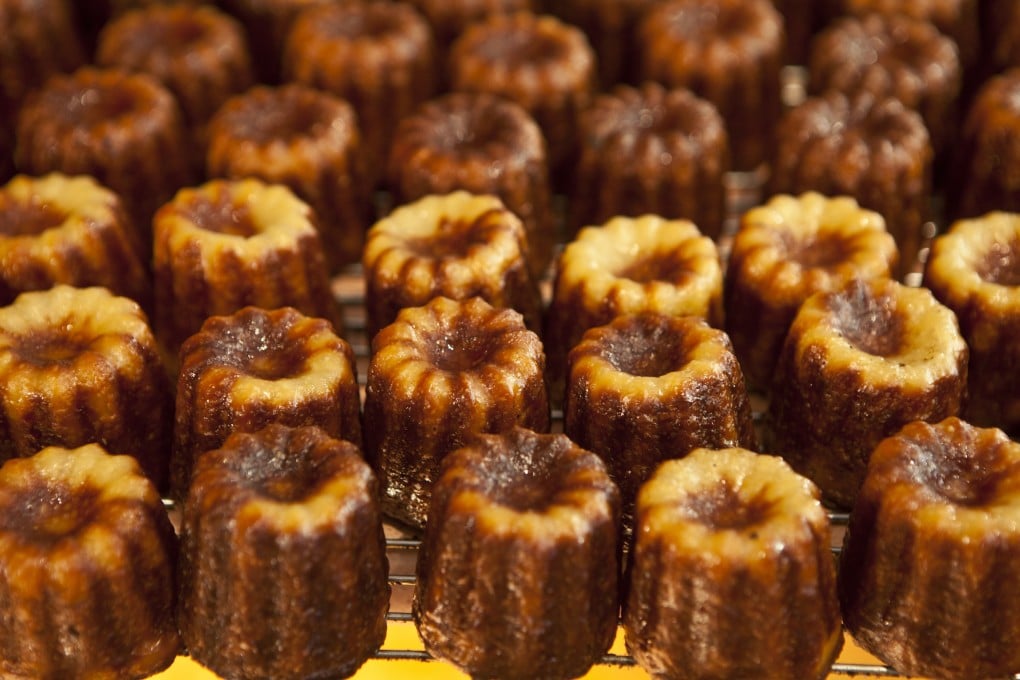Canelés, bebinca and queijadas - nuns invented these desserts, but how did convents become ‘laboratories of creation’?
- From canelés in France to queijadas in Portugal and ‘virgin’s breast’ in Sicily, many popular and classic desserts and sweets originated in convents
- Making the pastries, some of them inspired by Islamic confectionery, was a tasty way to use up nunneries’ abundance of egg yolks and to fund their upkeep

What do bebinca from Goa, India, canelés from Bordeaux, France and Portuguese queijadas have in common? They were all invented or perfected in convents.
How did nuns start making such heavenly desserts? Many people say it’s because they had the luxury of time and space to perfect their techniques. But the answer probably lies in the abundance of egg yolks they were saddled with - egg whites were used to clarify wine, apply gold leaf to church altars, and starch the head coverings and habits nuns wore.
Not only that, but many convents needed funds for preserving and repairing their buildings, so when the nuns were not praying, they toiled in the kitchen creating cakes, pastries and preserves to sell.
Rita João and Pedro Ferreira, writing in the Portuguese pastry encyclopaedia Fabrico Próprio: The Design of Portuguese Semi-Industrial Confectionery, say: “These places of faith and seclusion were often true laboratories of creation, where the religious dedicated themselves to rescuing old recipes, or to testing new ingredients from all over the world.”

In Portugal, nuns and monks started making the country’s first candies in the 15th century, when the colonial sugar industry in Brazil boomed. The country’s Catholic nuns took inspiration from the heritage of Islamic confectionery, and the abundance of egg yolks, to create unique pastries that are still known as doces conventuais (convent candies) in Portuguese.